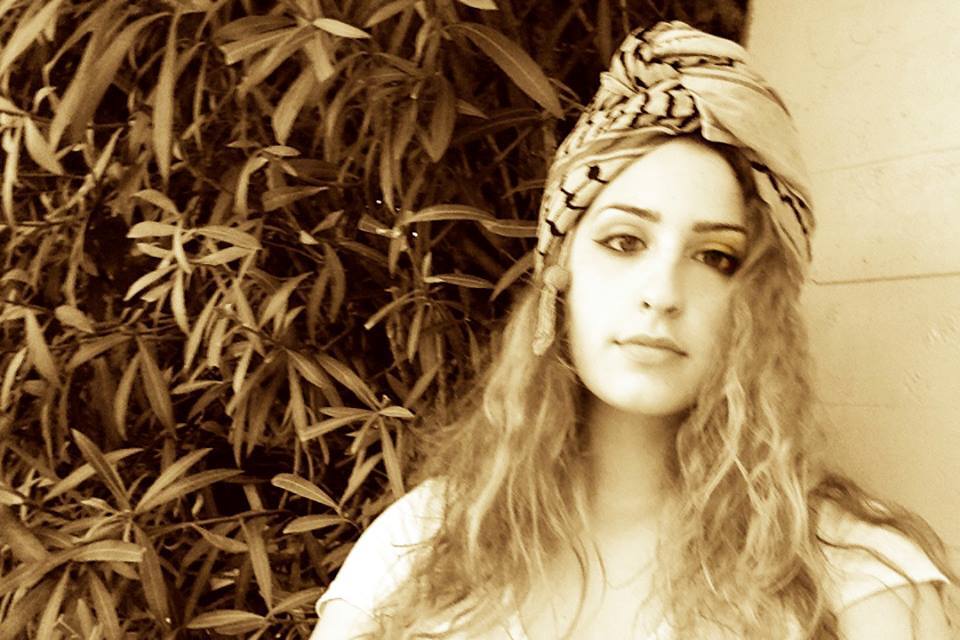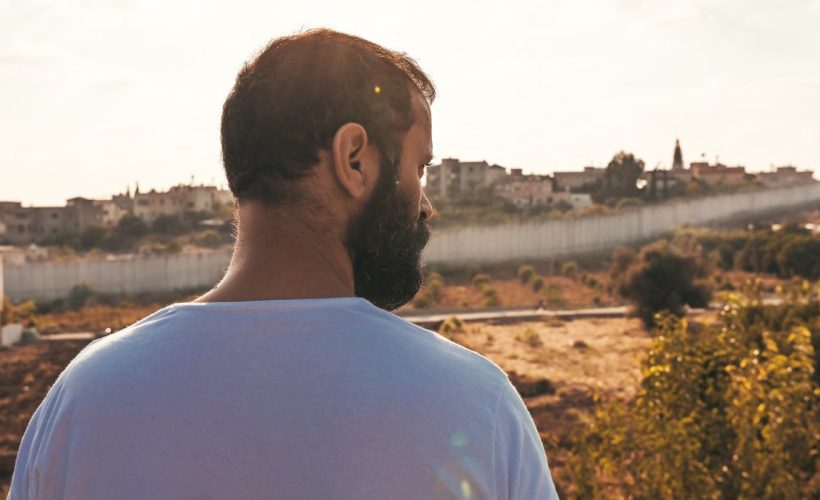Society
3.16.2021
Lebanese cartoonist Tracy Chawan publishes a short dystopian comics of the Arab world

A decade already that the Arab world has been on fire, from Tunisia to Syria, asking for more freedom and equality. This is the topic of the second issue of Araborama “Once upon a time, the Arab révolutions”, published by the French publishing house Le Seuil last January.
By its geographical position and its history, the Arab world has always been a laboratory for the elaboration of revolutionary thoughts coming from different places. From Algeria to Egypt or Lebanon, many countries have sheltered liberation movements fighting against the different world imperialisms (PLO, FLN, Black panthers…). In the current context of globalization, it became a privileged space for revolutionary production and the “Arab Spring” has definitively made it the place of a renewed mobilization. In this book, published by Editions du Seuil, sociologists, artists and writers come to revisit the words and the roots of the Arab revolutions. Among them, Tracy Chawan, a cartoonist who imagines an absurd dystopia on the political future of Lebanon.

What led you to make comics?
I studied at the Academy of Fine Arts in Lebanon with a specialization in comics. At the end of my Master’s degree, we had to realize a final project and I chose to make a comic book, Beirut Bloody Beirut, a kind of night roadtrip inspired by Martin Scorsese’s film After Hours and which told the story of the city through few girls that we followed during one night in the Lebanese capital. After that, I found a French publisher, Marabulles Editions, which gave me a bit of a boost. I am also a member of Samandal, a comics collective in the Arab world.
How was the collaboration for this issue of Araborama on the Arab revolutions?
I have been contacted for this project and asked to write a dystopia about Lebanon. It was just after the explosion, everything was going very bad and inflation was ravaging the country. I called Marwan Chahid, a friend of mine who is a journalist and with whom I share the same sense of humor and vision of Lebanon, to ask him to do this project together. We imagined Lebanon in 2040, with always the same politicians in power …

In the comics, you represent the Lebanese political landscape as a kind of burlesque cemetery inhabited by “ghost-politicians”. What message did you want to convey?
The situation is so dark in Lebanon at the moment that we wanted to counterbalance with an offbeat and provocative story. We wanted to make fun of our politicians by imagining them in exaggerated situations like the leader of the Druze party Fouad Joumblatt naked in his palace, Saad Hariri on vacation in Bora Bora with models or Michel Aoun falling asleep during a speech.
Our drawings are very inspired by Belgian humor, and contrary to what we could think, the situation we imagined is not as far fetched as it seems to be..
Where do you get your inspiration from?
They evolve with time. Basically, I really like the argentinian cartoonist Munoz with his very expressive black and white style. Since I’ve been living in the United States, I also discovered the work of Andre Krayewski, a Polish artist who inspires me a lot with the spontaneity of his lines. I also like the Franco-Belgian authors with whom I grew up, like Hergé for example.
Ten years after the revolutions, are you optimistic for the future of the Lebanese people?
We have one of the most corrupt governments in the world and if the explosion has not succeeded in changing things, I wonder who will. We are still waiting for the elections but I find it hard to be optimistic.
In your work, you seem to be very committed to women’s or refugees rights, what are your next projects?
I’m working now on a lot of comic book journalism projects, like a collective album in Arabic and English on the different feminist waves in Lebanon throughout history. I’m also working on a project for the French Revue Dessinée, which focuses on feminists in Corsica.
popular

